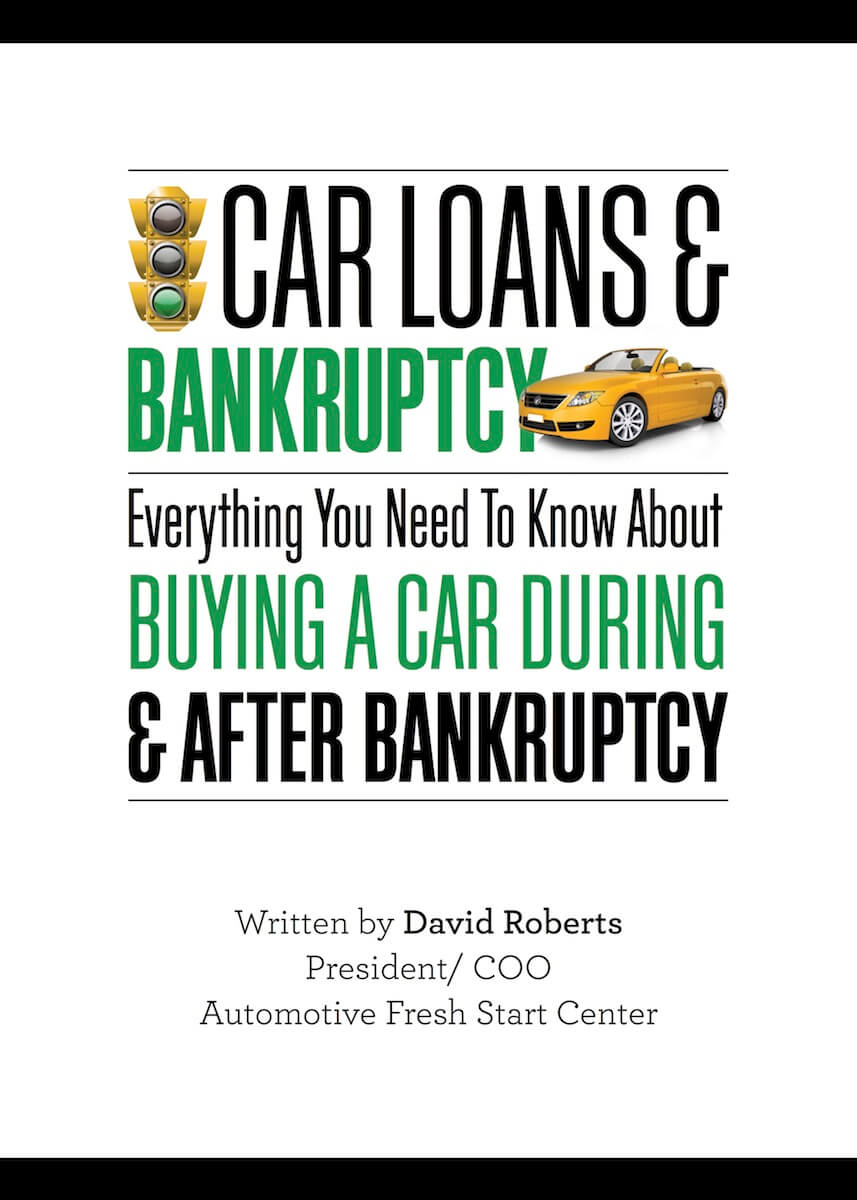
Running a small business is tough. You have a constant balance of obtaining new business and serving the current customers that you have at the level that both parties expect. Often, a small business will need additional capital. This can be to weather a downturn or to expand if business is going well. A quick Google search for “small business loans” yields an overwhelming choice of lenders, advisers, governmental agencies and the like offering the “perfect” solution for your small business.
Non bank lenders such as Kabbage and On Deck have quickly become the go to lenders for most small businesses. These non-bank lenders offer a streamlined web based application process, quick approval and access to capital in smaller amounts. In contrast, bank based lending generally does not offer any of those benefits. Bank lending requires a branch application, lengthy underwriting and a reluctance for small loans that may not be seen as profitable.
Our office is seeing the effects of the non-bank lending on small businesses. Compared to bank lending, the current trends produce loans that seem to have the following factors:
- High up front fees –
SBA and other bank based lending is typically in the range of 7-10% interest rate. There are traditional lending charges such as origination fees and title search charges that are set costs. Non bank fees can range from 1 – 13.5% of the loan amount for the first two months, and then 1% of the total amount for months 3-6. These fees can be dramatically higher than typical bank terms and increase rapidly with the amount borrowed;
- Higher interest rates –
On Deck currently charges between 20-50% interest, plus origination fees and other maintenance charges. Other companies are similar or even higher;
- Loss of control of your bank account –
The most immediate consequence of using a non-bank lender may be the loss of control over your business finances. Such loans are becoming more aggressive in asserting control of your business bank accounts. Withdrawals are typically done on a daily basis through a linked bank account and are done daily without the control of the business owner. A recent client was paying over $15,000 per day in high interest daily loan payments;
- Aggressive collection tactics –
Most business owners are familiar with the consequences of a default with a traditional lender. There are a series of demand letters with the chance to cure the default. Then maybe a letter from an attorney. Finally, a lawsuit in the place you run your business and the chance to explain the default to a Judge prior to judgment being entered.
If you default on a non-bank lender loan by stopping the daily interest payments or moving your bank accounts, then the lender will normally have a judgment within days against your company and any personal guarantor (typically the owner). Our office has seen several recent cases where the loan amount was typed into a “Confession of Judgment Affidavit” with credit to be given for any payments made. This document was signed at loan origination and then taken to a court in New York after default. Within days, a judgment had been entered for the entire amount owed on the principal, accrued interest, attorney’s fees and costs. There is no chance to dispute the suit or any amounts claimed due to the Confession of Judgment Affidavit being signed and admitting that the debt is owed.
Finally, defending a suit in New York is not possible for most small Florida businesses. Once the judgment has been entered, the creditor sends it to a lawyer in Miami, FL and files for a domestication of the judgment and immediate receivership for the business. Again, the debt and business were all based in Duval County, FL in each case that we have seen, but the business owner has had no chance to defend any actions in the Duval County Courts. Within days, the receivership has been granted and the business owner is ordered by the Miami Court to turn over the business and all records to the receiver.
Solutions for Your Business
The above scenarios are examples that we have seen in our actual day to day working relationship with small business owners. Chapter 11 bankruptcy offers these owners the chance to remove the receiver that had been ordered by the State Court and take control of their business again. The daily interest lenders are then restructured through the Bankruptcy Court reorganization process in a financially affordable way to allow the business to continue to operate and repay debts through a reorganization plan.
The reorganization plan for the business is generally based upon the business income and expenses, not dictated by the non-bank lenders. Our office works closely with the business owners to determine the appropriate payment terms, length and other plan terms to ensure that your reorganization plan is as successful as possible. Each case is as unique as the business that is being saved. Contact our office for a personal review of your business and potential restructuring benefits.
At Mickler & Mickler, we attend Court and see the bankruptcy trustees and judges in action several times a week. We have the experience to guide you to the right decision about whether to file a case, and if so, what Chapter to file. Please contact Mickler & Mickler at 904.725.0822 or bkmickler@planlaw.com. We will be happy to set you up a free appointment to discuss your situation and potential solutions.
Bryan Mickler
bkmickler@planlaw.com
904-725-0822
